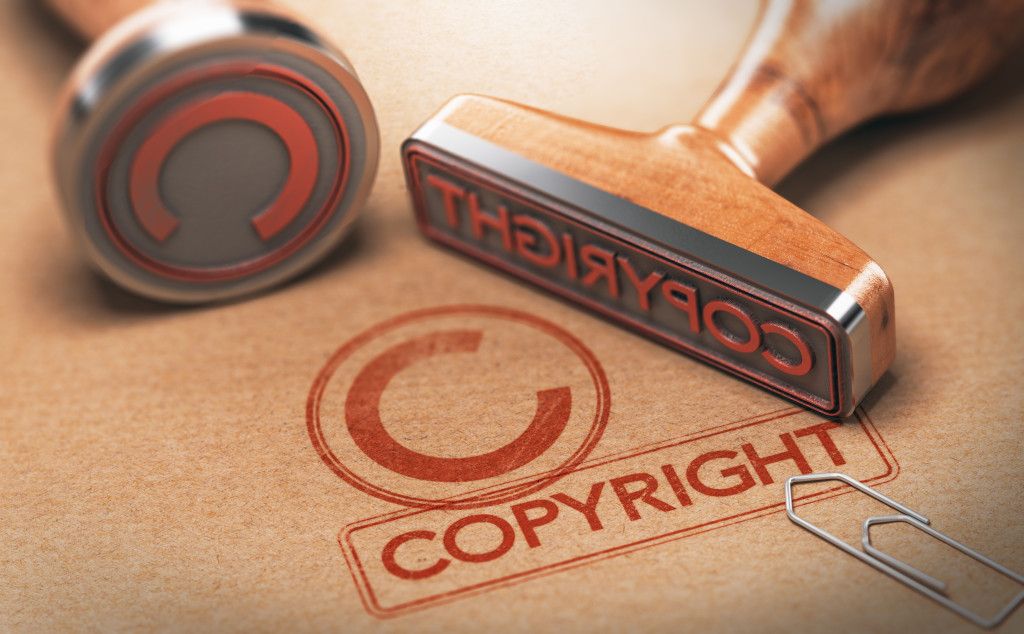What’s in a name? Perhaps one of the companies to ask about it is McDonald’s.
One of the most successful food franchises in the world, it figured itself among lawsuits over the past decades. These cases usually revolve around copyright infringement, such as the supposed unlawful use of its name.
In many situations, the company won. In 1994, a woman running a small coffee shop in the San Francisco Bay Area had to alter its business name from McCoffee by dropping the little c. Earlier, the house of Ronald McDonald fought with Norman McDonald’s Drive-Inn.
The owner, whose business also sold burgers, then had to remove the arches (which are a familiar symbol of McDonald’s) and add his first name to the signage to avoid confusion.
But it’s not always a win-win for Ronald. In 2001, it lost to McChina Wok Away in the UK after almost ten years’ legal battle. The court ruled that the business name is less likely to cause confusion among McDonald’s customers.
A year before that, a court in the Philippines sided with a growing local burger franchise chain called Big Mak. This is after McDonald’s sued the latter for unfair competition because the business name sounded like Ronald’s staple burger.
Simply put, disputes on business names or copyright infringement happen, but owners don’t need to anticipate it. They could avoid it at all costs, especially if they’re still a growing enterprise. These are the reasons:
1. It Is Expensive
Here’s why businesses that operate, say, in Colorado, need help from a small business attorney in Denver even when picking a name. Corporate lawsuits are not cheap.
- The complainant may sue the small businesses for thousands or even millions of dollars. If the former wins, then the latter have no option but to try to pay the damages.
- The complainant could have greater control over the business assets. For instance, they may demand a share of the profits or ask the small company to pay for royalties.
- Depending on state law, the court may rule a penalty for every act of infringement. It could cost as much as $150,000 each.
- If a big company sues the small business, the latter may have to look for a great law firm. Its services can have astronomical costs.
The litigation can drag on for years, so one lawsuit can drain the small business coffers. Even if it wins the case, the expenses may already be so high that profits suffer. It may even need to declare bankruptcy.

2. It Can Destroy the Business’s Reputation
When a brand is trustworthy, the company reaps huge rewards. In Edelman research, when consumers find a brand credible, they:
- Consider it first than the competitors
- Stay loyal even if better brands or products become available
- Advocate for the brand, which means free publicity for the business
- Are willing to defend the product or the company
A corporate lawsuit, especially if it involves the theft of assets like trademarks or copyright, can tarnish the reputation of a business. A win doesn’t guarantee that people’s now-negative perception will change.
Lawsuits like copyright infringement are costly and messy. Fortunately, while they can occur, companies, especially small businesses, can take steps to avoid them. It begins by having an original name.

